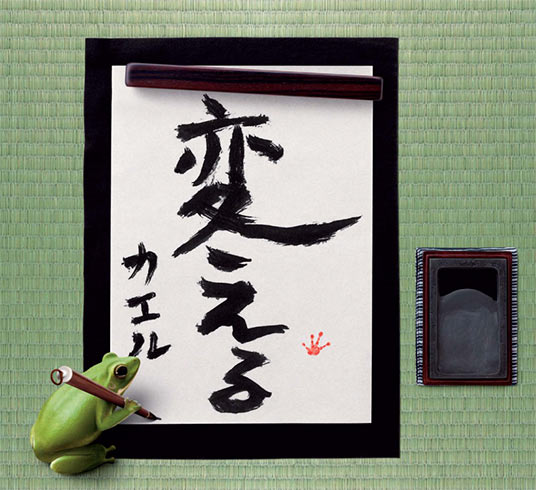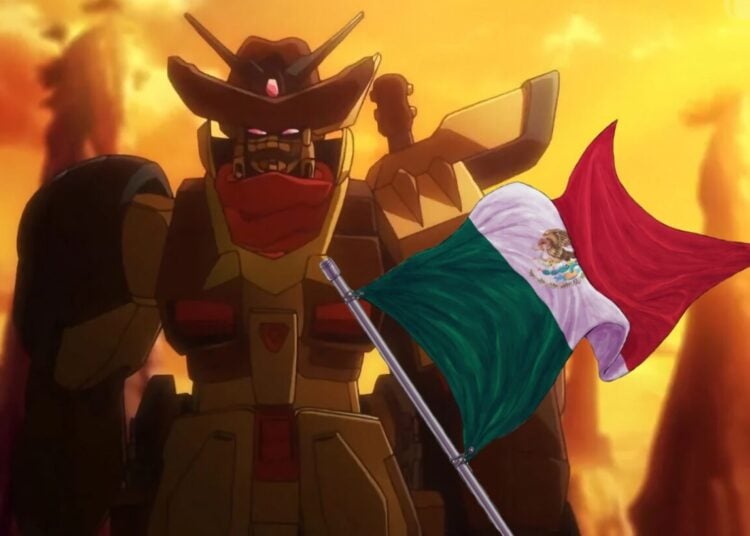Each language has its own unique phonetic features and potential for language play, some of which are picked up by advertisers to create messages around. In Japanese, the word zo (zoh) means “increase” or “more” (as in “50% more free”), but it’s also the word for elephant — hence, it’s not uncommon for a TV commercial to make use of elephants to reinforce the image of getting more free for buying such-and-such brand. Similarly, rakuda is the word for camel, but it also means “[this] is very comfortable and convenient,” so every few years some company will make a TV commercial featuring camels basking in comfort because of some product. Dogs say “woof!” in English, but to the Japanese the sound is wan!, and some companies create cute dog characters showing that they’re “number wan” (number one) in their respective industries. The word mou (moh) means “already” but it’s also the local version of “moo,” and so, it’s common for commercial messages to be communicated using cows saying things like, “Stop wasting your money on brand X, already!” Finally, the word kaeru means “to change” (it’s the same kanji as the hen in hentai), but the word also means “frog.” Thus NTT makes use of frogs in its advertisements about companies facing the neverending changes the business world.

An advertisement from NTT about “changes,” drawn by a frog.














